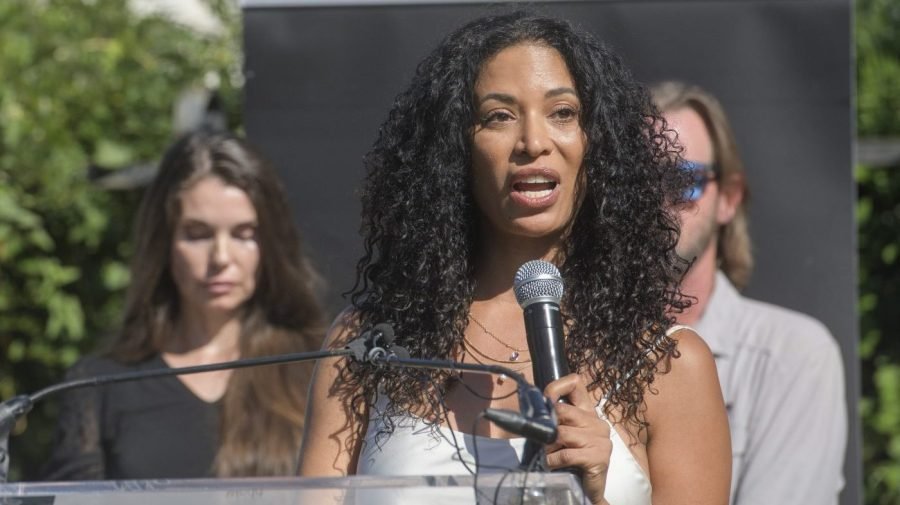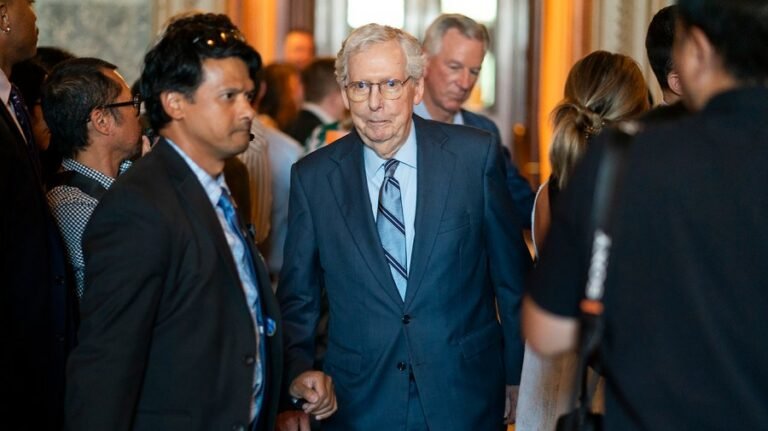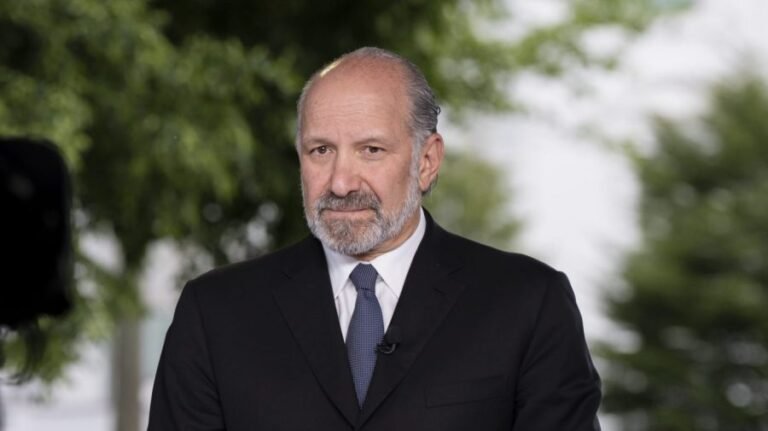
When survivors of convicted sex offender Jeffrey Epstein step forward, they do more than recount their past. They disrupt power.
Their testimonies threaten to unravel circles of influence that thrived on silence. Each time a survivor speaks publicly — and especially if she names the powerful men identified as an attacker — our culture is forced to reckon with how deeply trafficking and sexual violence penetrate society’s most privileged layers.
That reckoning could be seismic.
Accusations against politicians, financiers or celebrities would ignite a wave of public scrutiny. Reputations long thought untouchable could crumble. The parallel to Harvey Weinstein is clear: one man’s exposure not only toppled a Hollywood giant but also reshaped conversations about workplace harassment across industries.
The Epstein case, however, is broader in scale. It is not simply about one predator but about an alleged network that thrived because institutions looked the other way. Testimony that exposes the demand side of trafficking — the men who pay for access to abuse — could reframe how the public understands sex crimes. Instead of viewing trafficking as an issue confined to shadowy corners of society, survivors’ disclosures reveal its ties to boardrooms, campaign donors and elite social circles.
When survivors speak out, others listen. Research shows that high-profile disclosures can encourage victims who might otherwise remain silent to come forward. For many survivors of assault and trafficking, seeing Epstein’s victims break silence may lessen the fear of disbelief or humiliation that often keeps them quiet. This could change how sex crimes are reported.
Imagine a system where survivors feel their stories matter, where they trust law enforcement and prosecutors will listen, and where media attention highlights rather than distorts. Survivor testimony could normalize reporting sex crimes, reduce stigma and promote accountability within the justice system. But when those who speak are ignored, discredited or retraumatized, the opposite happens. Fear and stigma grow. The choice to stay silent becomes survival.
The media and legal system have a responsibility: to ensure that survivors are not punished for their courage but empowered by it.
Social media has provided survivors with unprecedented opportunities to speak out. However, these same platforms are filled with conspiracy theories and political manipulation. Epstein’s name has become a weapon for partisan stories, with survivors’ voices often drowned out by speculation about lists, cover-ups and shadowy groups.
This fog of misinformation is dangerous. When trafficking is framed as a political plot or culture-war talking point, survivors risk becoming pawns in ideological battles instead of being recognized as credible witnesses. Potential victims may hesitate to come forward, fearing they won’t be believed — or worse, that their pain will be hijacked for someone else’s agenda.
The result? Silence. Impunity. And deeper erosion of public trust in justice.
The Epstein case highlights how the criminal justice system is scrutinized. Too often, survivors of sexual violence experience secondary victimization when they seek justice — through disbelief, invasive questioning or systems that prioritize institutional reputation over truth.
If the courage of Epstein’s survivors is to mean more than fleeting headlines, real change must follow.
That begins with training law enforcement in trauma-informed practices. Officers must be able to recognize the signs of trafficking and conduct interviews in ways that don’t re-traumatize the very people they are supposed to protect. Without this training, the system compounds harm.
Equally important are courtroom protections. Survivors who come forward should not face further victimization during legal processes. Shield laws, confidential testimony options and the steady presence of victim advocates can help survivors feel safe and supported.
But justice doesn’t end with a verdict. Survivors need long-term resources, like stable housing, mental health care and job training, to truly rebuild their lives. Otherwise, the system risks treating them as nothing more than witnesses to a crime, rather than individuals with lasting needs.
Finally, accountability must reach beyond low-level enablers. The system’s legitimacy depends on its willingness to confront those with power and wealth who financed, facilitated or turned a blind eye to abuse. Until we address every level of complicity, from recruiters to billionaires, we risk preserving the very silence that let Epstein’s crimes flourish.
Epstein’s survivors are fighting not only for their own dignity but for the future of every victim, deciding whether to step forward tomorrow. Their courage challenges us to answer a fundamental question: Do we value truth more than power?
If they are heard, believed and protected, survivors of trafficking and rape everywhere will know that the system can work for them. But if they are silenced, harassed or dismissed, we send a chilling message — that justice is conditional, that it depends on who your abuser is.
The world is watching. These survivors have already endured unimaginable harm. By speaking out, they offer us something extraordinary: a chance to confront the systems that allowed that harm to happen. The question is whether we are brave enough to listen — and whether our justice system is prepared to act.
Their courage should not only inspire us. It should shame us into building a system that finally delivers on the promise of justice.
Cathryn Lavery is department chair and professor of criminal justice and security at Pace University’s Dyson College of Arts and Sciences.


